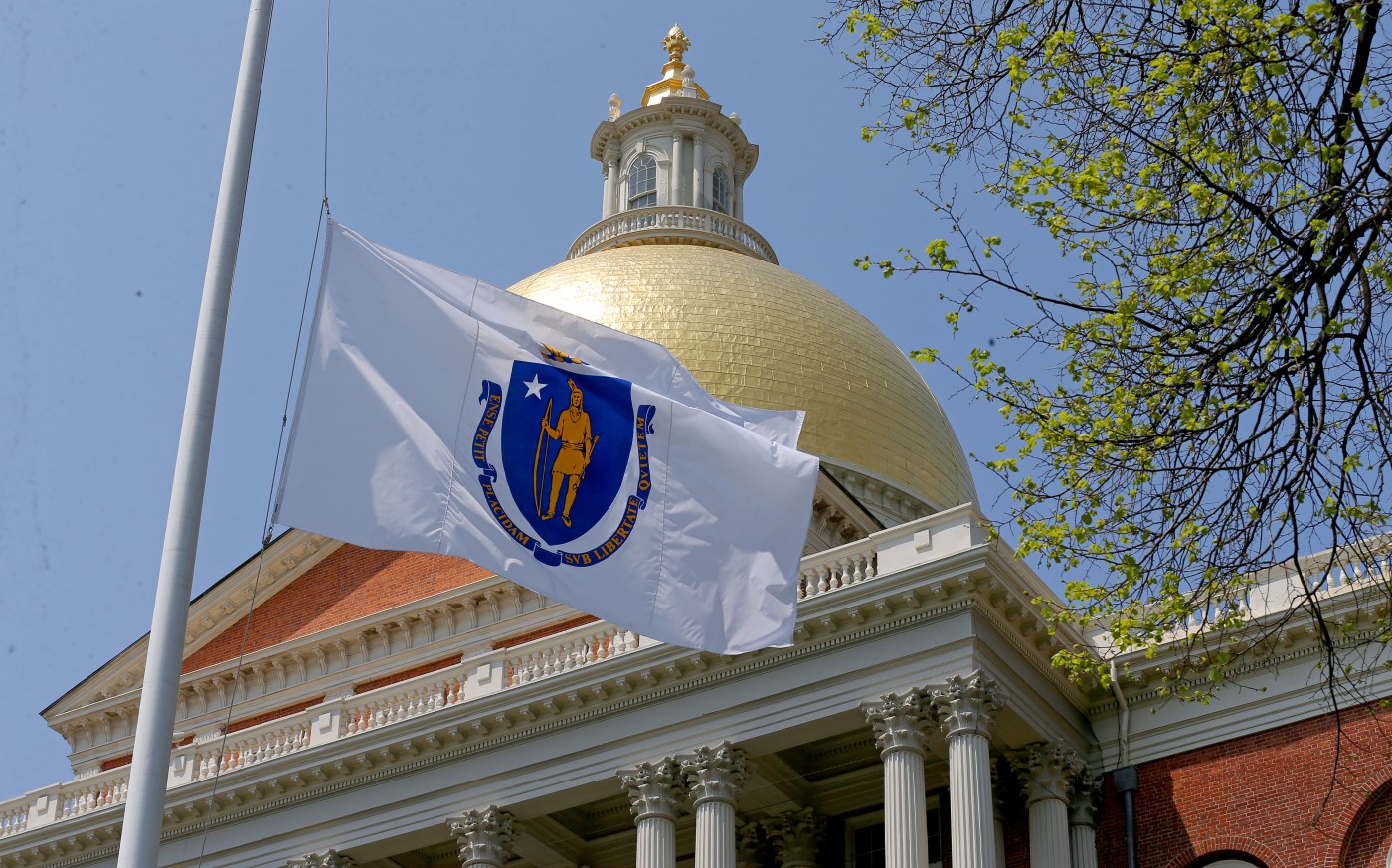
Massachusetts employers trending toward uncertainty, but more optimistic in October: Survey
A survey of Massachusetts businesses shows they don’t quite know how to feel about the overall state of the economy.
Employers have spent the year bouncing back and forth between slightly pessimistic or barely optimistic economic outlooks, and October was no outlier, according to the latest Business Confidence Index published by the Associated Industries of Massachusetts.
“Massachusetts employers appear to be just as ambivalent about the state of the economy as many experts,” the association wrote. “The BCI has moved for most of 2023 in a narrow range as employers attempt to gauge an economy that has proved surprisingly resilient in the face of rising interest rates, predictions of recession, and war in both Ukraine and the Middle East.”
Confidence among the surveyed businesses was up 1.4 points last month, to 51.2%, pushing sentiment back into optimistic territory after a September slump toward a negative outlook.
A surprising 4.9% third quarter economic-growth announcement by the Commerce Department and historically low state unemployment numbers helped buoy employer confidence in October. But according to Sara Johnson, the chair of the AIM’s board of economic advisors, those numbers aren’t necessarily good news for everyone.
“Rapid increases in consumer and government spending continue to fuel the economy, suggesting the Federal Reserve may have to keep interest rates high for longer than it originally anticipated. A persistently tight labor market is exerting upward pressure on wages, leaving price inflation uncomfortably high,” she said.
Concerns over the labor market have persisted in AIM surveys for months while state and national unemployment numbers have remained at historically low levels. Unemployment in Massachusetts stands at just 2.6%, while nationally it’s at 3.9%, and with so few people looking for work, some — but not all — employers are seriously struggling to fill skilled positions.
“Unemployment in Massachusetts remains at record lows, but we hear anecdotally from some
companies in the BCI survey that they have been able to find more qualified workers than they did a year ago. Massachusetts must still reckon with the structural demographic, educational and other factors that will affect labor supply in the long term,” Alan Clayton-Matthews, Professor Emeritus of Economics and Public Policy at Northeastern University, said along with the survey.
Related Articles
US employers pulled back on hiring in October, adding 150,000 jobs in face of higher borrowing rates
Howie Carr: This Bud Light’s for you, Biden
Powell: Fed ‘proceeding carefully,’ leaves door open to hike
Applications for US jobless benefits fall to lowest level in more than 8 months
Time is running out for Wall Street’s ‘year of the bond’ as losses mount
One thing the state could do to ease uncertainty, according to the Association, is follow through with Gov. Maura Healey’s plan to boost housing stock. Housing advocates and business groups alike praised Healey’s $4.1 billion plan to “jumpstart” the production of 40,000 new homes when it was announced last month.
“Virtually every employer in Massachusetts has at one time heard a valued employee say: ‘I love
working for this company, but my family can’t afford a house here.’ AIM looks forward to working with
the Healey-Driscoll Administration and the Legislature to ensure those conversations become a thing of
the past,” AIM President Brooke Thomson said.
AIM surveys more than 140 Bay State businesses to produce their monthly index, the first of which was published in July of 1991. According to AIM, business confidence hit historic highs in 1997 and 1998, with two months in either year showing 68.5% confidence, and hit a low in February of 2009, when it was 33.3%.


